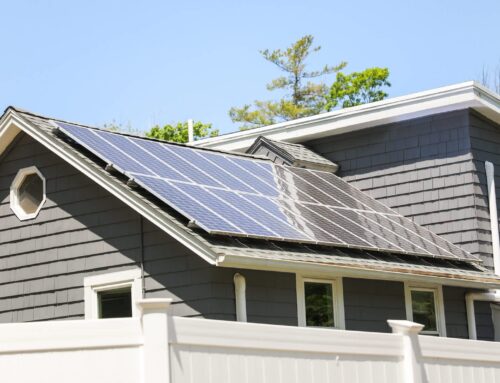How to tell if a cannabis grow in Mendocino County is licensed – MendoFever
June 23, 2025

It’s cannabis growing season once again in Mendocino County. Local and state cannabis regulators continue to point to unlicensed grows as a persistent problem, citing neighborhood complaints and market saturation that drives prices so low licensed cultivators struggle to stay afloat.
In 2023, a failed attempt to ban even licensed grows through zoning changes in Redwood Valley underscored the tensions. Today, the presence of new hoophouses—plastic-covered greenhouse structures commonly used for cultivation—still raises suspicion in some neighborhoods.
Fortunately, it’s fairly easy to determine whether a cannabis grow near you is licensed with the county.

The Mendocino County Cannabis Department provides a publicly accessible database called Accela, which tracks registered grows. You don’t need to be a cannabis applicant to use it—anyone can create an account. Once logged in, you can search by applicant name, property address, or license type.
If navigating the system proves difficult, you can also call the Mendocino County Cannabis Department directly at (707) 234-6680 to ask whether a specific property is in the licensing program.
As an example, a recent Accela search using only “Redwood Valley” as the search parameter returned 98 grows registered with the county. It may take a few tries to get results. Restarting your computer after registering can sometimes help.
Cannabis cultivators who construct hoophouses—also called greenhouses—must also obtain building permits. However, not all hoophouses are used for cannabis; many are for vegetables or flowers. To check for building permits, use the eTRAKiT database, also managed by the county. Like Accela, it’s open to the public and searchable by address after creating an account.
Both databases use strict naming conventions. For instance, typing “123 Example Road” may yield no results if the system prefers “Rd” instead of “Road.” Try entering only the street number and name (e.g., “123 Example”) to improve your chances.
Keep in mind that small personal medical grows may be exempt from licensing if they meet certain requirements and the grower holds a valid medical cannabis card. Those details are outlined in the Mendocino County Cannabis Ordinance.
In short, there’s no need to wonder whether the hoophouse down the road is part of the legal cannabis industry. With a little digging, the public tools are there to find out.
Search
RECENT PRESS RELEASES
Related Post




